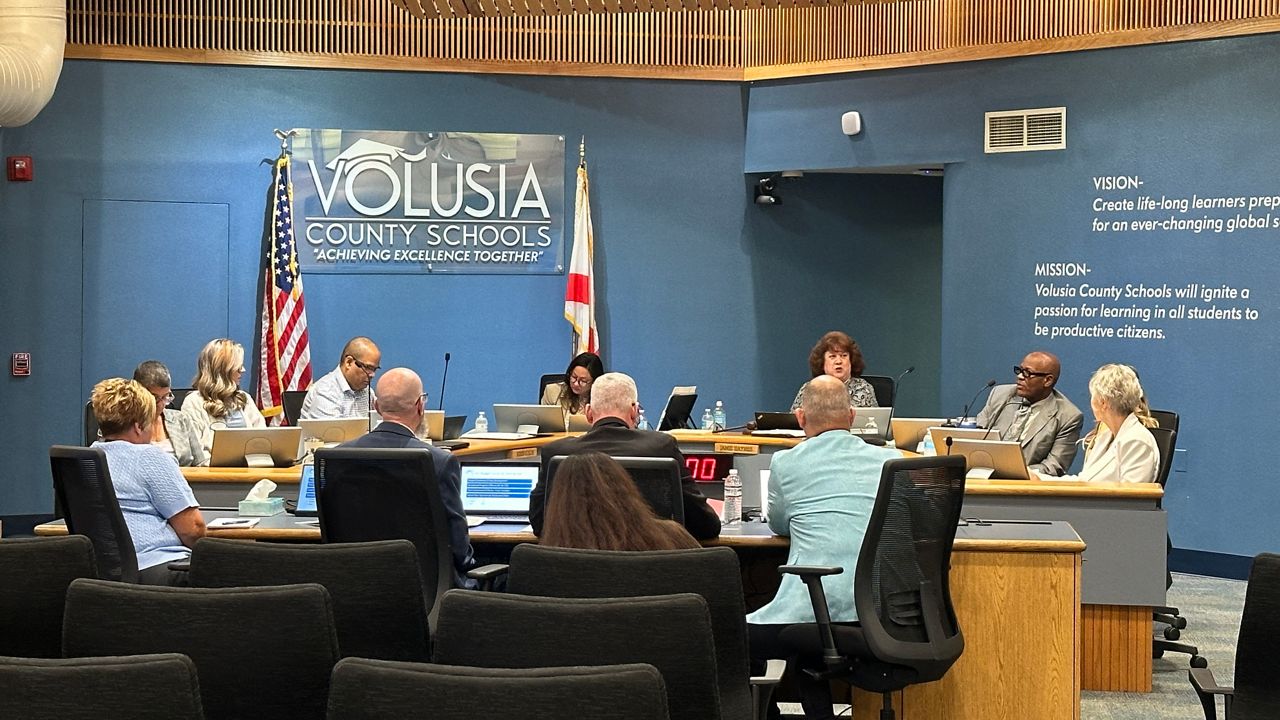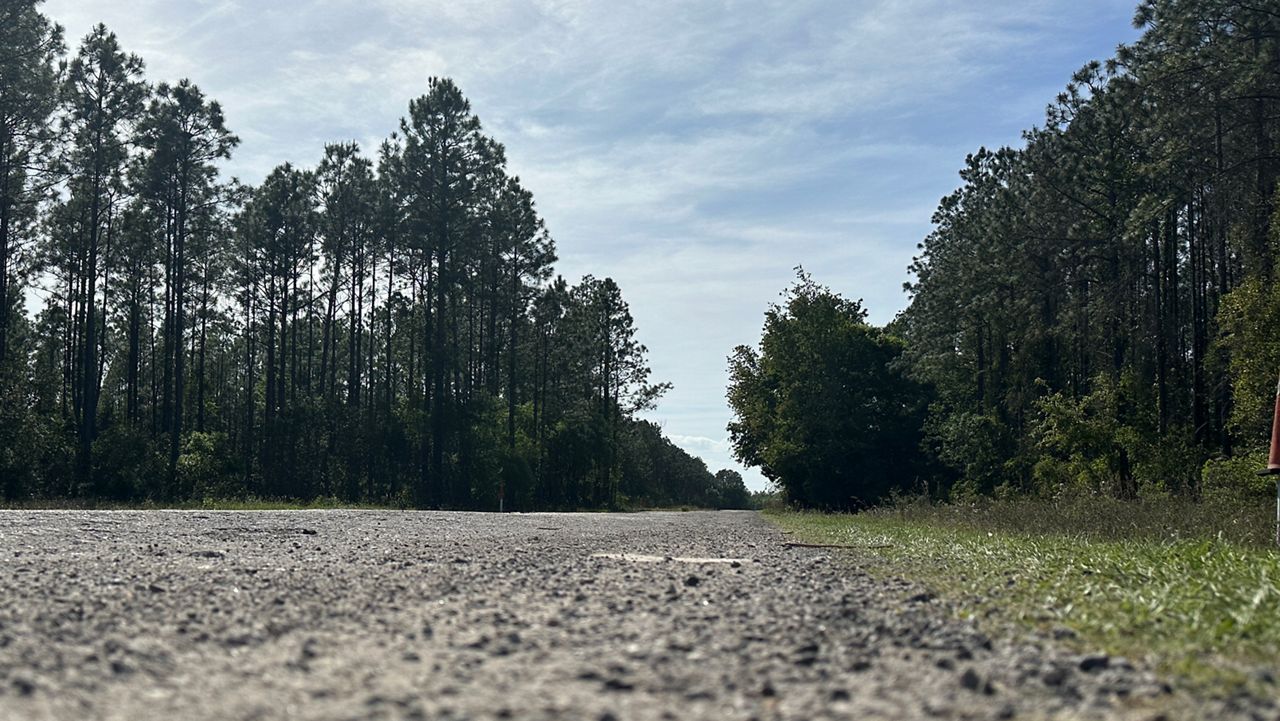DELAND, Fla. — Volusia County Council member Danny Robins proposed to increase the residency restriction for convicted sex offenders from living within 1,000 feet of child care facilities, libraries, schools and parks to 1,500 feet.
Members of the council had a lengthy discussion about the proposed ordinances, citing their concerns regarding the increase in the residency requirements.
What You Need To Know
- Volusia County currently does not have an ordinance governing sex offenders or sexual predators at the municipal level
- Volusia County Council member Danny Robins says he wants to change that to make sure Volusia can have rules stricter than the state
- Robins is proposing to increase the residency restriction for convicted sex offenders and sexual predators from 1,000 feet to 1,500 feet from child care facilities, libraries, schools and parks
- He also wants to create designated child play areas, where adults who are not with a child are not allowed, as well as install cameras in designated areas
“I was reviewing the code of ordinances from top to bottom, and I noticed one thing — and that one thing was the fact that Volusia County, unlike many other counties in the state of Florida, we did not have an ordinance section for sexual offenders or predators," he said. "And something about having ordinances is that you’re allowed to have stricter standards at a local level."
Opponents argued that such a measure could make housing scarcer for these individuals who are sex offenders. Councilman Don Dempsey opposed the residency requirement increase.
“If they are homeless, they go live in the woods, and they are not tracked,” Dempsey said.
“To me, this is common sense legislation. This is a modest ask compared to the rest of municipalities in the state of Florida, modest,” Robins said.
Councilman David Santiago said he wants to make sure officials don’t create any unintended consequences. He said he is interested to see staff come back with a map showing the three multifamily residences that allow sex offenders to rent apartments to determine where those locations are and see what change it will make, with the residency requirement being expanded to 1,500 ft.
Robins put a first motion on the floor to increase the buffer from 1000 to 1500 ft. for sex offenders and to direct staff to provide additional data on how that affects the three residences where these individuals are allowed to live in. This motion passed 5-2.
The second motion was to direct staff to conduct a study to create a fee schedule for registration and re-registration for sex offenders. This motion passed 5-2.
Lastly, the third motion on the topic was to direct staff to bring back designated child play areas where no adult eighteen years or older shall enter or remain in a designated children’s play area, unless the adult, guardian, sibling, caretaker, parent, babysitter, day care provider, teacher is supervising and/or accompanying children who are utilizing the designated children’s play area.
One resident spoke during public comment saying he was concerned about the unintended consequences of the ordinances, specifically the increase of the residence distance requirement. “What are we going to do if we say there’s no place on the west side (…) where we are going to put them?”
Robins said the proposals are meant to deter these people from having any inappropriate behaviors.
“These are just like speed limit signs. They are deterrents,” Robins said.
He then revealed a body camera video from the Volusia County Sheriff’s Office where deputies arrested several individuals for having inappropriate sexual behaviors near parks within the county. “I want our law enforcement to have the ability to identify these people,” Robins said.
The county council discussed residency distance requirements last June asking staff to bring back data showing the impact of increasing the distance to 1,500 feet and narrowing the scope to convicted sexual predators.
According to information from the county, any convicted sex offender or sexual predator who currently lives more than 1,000 feet from a child care facility, library, school or park, but less than 1,500 feet, will not be forced to move if the ordinance is passed.









